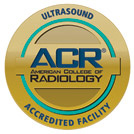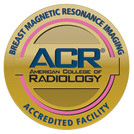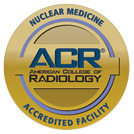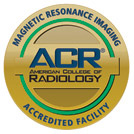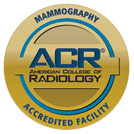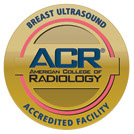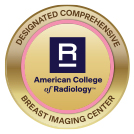
Understanding Mesothelioma
Classification is based on where the cancer starts to grow. Pleural mesothelioma affects the lungs, peritoneal impacts the abdominal region and pericardial occurs around the heart. The most common form is pleural mesothelioma.
Patients often display a combination of symptoms like shortness of breath, lumps under the chest tissues, weight loss and painful coughing. By contrast, peritoneal mesothelioma is characterized by abdominal pain and swelling, nausea and weight loss.
Asbestos exposure has been linked to the development of mesothelioma, especially from loose fibers associated with mining, installing or removing insulation, or building demolition. If inhaled, these fibers accumulate in the lungs or stomach and can irritate the organ’s lining. Mesothelioma symptoms may not become apparent for 20 to 60 years from exposure.
In all cases, your doctor may recommend multiple forms tests if you display symptoms and have a history of asbestos exposure, including bloodwork and imaging.
Imaging for Mesothelioma
Medical imaging serves several purposes. It assists with diagnosing the presence of tumors and determining if the cancer has spread. Your doctor may continue using these methods to examine the effectiveness of a treatment plan. Imaging can also identify other conditions that have similar symptoms, including fluid buildup in the chest, heart or abdomen.
To help guide the diagnostic process, the following imaging procedures may be used:
- X-Ray: Typically the first requested imaging procedure, X-rays help identify respiratory abnormalities and other lung issues. This technology can indicate a thickened pleura, fluid between the lungs and chest wall and calcium deposits.
- MRI: This procedure offers a detailed look at the body’s soft tissues, including locations of tumors and if malignant mesothelioma has started to spread.
- PET Scan: These scans create 3D images that offer greater insight into whether a thickened pleura or peritoneum is malignant mesothelioma or a benign condition. This nuclear medicine scan uses a radioactive substance to further determine if the cancer has spread to the lymph nodes and other parts of the body.
- CT Scan: The cross-sectional images produced can help determine where the tumors are located, the stage of cancer and if it has spread within the body. Your doctor may request additional CT scans to assess the effectiveness of a treatment plan.
- Echocardiogram: This ultrasound-based imaging procedure can help assess the presence of fluid around your heart and how well this muscle is working.
Biopsies for Mesothelioma
Based on the imaging results, your doctor may recommend a biopsy to diagnose mesothelioma. This procedure involves collecting a tissue or fluid sample to detect the presence of cancer cells.
Fine Needle Biopsy
Less invasive than a surgical biopsy, fine needle biopsies are often guided by ultrasound imaging or a CT scan. The radiologist uses a hollow needle to take a sample of fluid from the chest or abdominal area, or a piece of tissue from a tumor for analysis.
The area is numbed before a thin needle passes through the skin into the pleura or abdomen. This technology may also be used for the lymph nodes to determine if the cancer has spread.
Other Biopsies
The sample taken from a fine needle biopsy may not be sufficient enough to make a conclusive diagnosis. In this instance, your doctor may recommend:
- Surgical Biopsy: This procedure allows a larger tissue sample to be obtained.
- Endoscopic Biopsy: An endoscope with a light or video camera passes into the body and tools may be inserted through the endoscope to take a tissue sample.
- Endobronchial Ultrasound Needle Biopsy: A bronchoscope with an ultrasound transducer at the tip is used to analyze the lymph nodes and take a tissue sample.
Has your doctor recommended a CT scan of the chest, PET/CT scan or needle biopsy of the lungs for a mesothelioma diagnosis? Schedule imaging with Midstate Radiology Associates.

